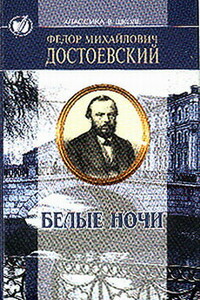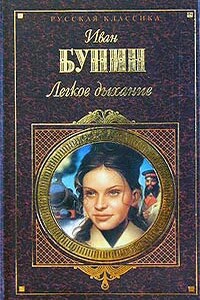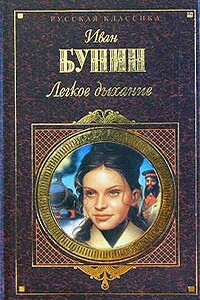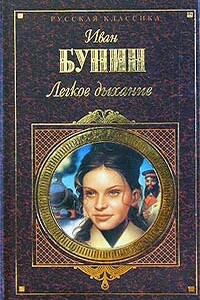|
| It sometimes happened that he would take De Tocqueville with him into the garden while he had a Paul de Kock in his pocket. | Бывало и то: возьмет с собою в сад Токевиля, а в кармашке несет спрятанного Поль де Кока. |
| But these are trivial matters. | Но, впрочем, это пустяки. |
| I must observe in parenthesis about the portrait of Kukolnik; the engraving had first come into the hands of Varvara Petrovna when she was a girl in a high-class boarding-school in Moscow. | Замечу в скобках и о портрете Кукольника: попалась эта картинка Варваре Петровне в первый раз, когда она находилась, еще девочкой, в благородном пансионе в Москве. |
| She fell in love with the portrait at once, after the habit of all girls at school who fall in love with anything they come across, as well as with their teachers, especially the drawing and writing masters. | Она тотчас же влюбилась в портрет, по обыкновению всех девочек в пансионах, влюбляющихся во что ни попало, а вместе и в своих учителей, преимущественно чистописания и рисования. |
| What is interesting in this, though, is not the characteristics of girls but the fact that even at fifty Varvara Petrovna kept the engraving among her most intimate and treasured possessions, so that perhaps it was only on this account that she had designed for Stepan Trofimovitch a costume somewhat like the poet's in the engraving. | Но любопытны в этом не свойства девочки, а то, что даже и в пятьдесят лет Варвара Петровна сохраняла эту картинку в числе самых интимных своих драгоценностей, так что и Степану Трофимовичу, может быть, только поэтому сочинила несколько похожий на изображенный на картинке костюм. |
| But that, of course, is a trifling matter too. | Но и это, конечно, мелочь. |
| For the first years or, more accurately, for the first half of the time he spent with Varvara Petrovna, Stepan Trofimovitch was still planning a book and every day seriously prepared to write it. | В первые годы, или, точнее, в первую половину пребывания у Варвары Петровны, Степан Трофимович всё еще помышлял о каком-то сочинении и каждый день серьезно собирался его писать. |
| But during the later period he must have forgotten even what he had done. | Но во вторую половину он, должно быть, и зады позабыл. |
| More and more frequently he used to say to us: | Всё чаще и чаще он говаривал нам: |
| "I seem to be ready for work, my materials are collected, yet the work doesn't get done! | "Кажется, готов к труду, материалы собраны, и вот не работается! |






